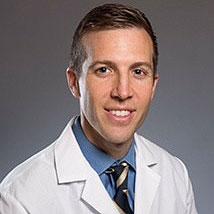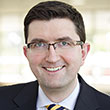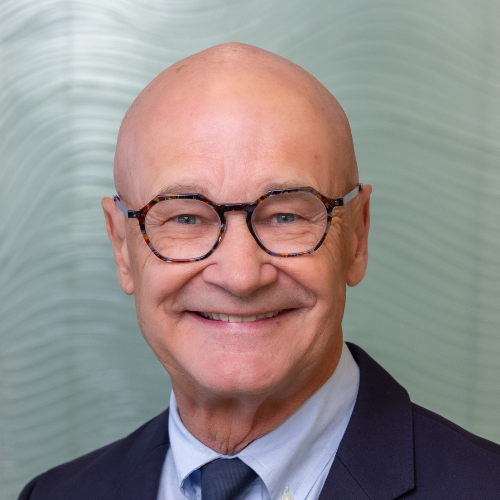Electrophysiology Without Borders



Although complications can occur, Fellows in Training (FITs) and Early Career cardiologists may benefit from involving themselves in the subfield of “humanitarian electrophysiology” at home and abroad, according to an FIT/Early Career column published July 30 in the Journal of the American College of Cardiology.
Geoffrey Rubin, MD, describes his experiences training abroad and notes that it is eye-opening to leave the comfort zone and daily routines of a resource-laden U.S. medical center, especially for training physicians.
He notes that one pacemaker does not have to be limited to one patient, and that learning humanitarian electrophysiology compels fellows to not only to see the patient with a pacemaker in front of them but also imagine an anonymous sick patient on the other side of the world who might later be saved by that same device.
In a response to the column, Thomas C. Crawford, MD, FACC, and Kim A. Eagle, MD, MACC, comment that “the equal value and dignity of every human being, regardless of his or her place of birth, is the underpinning of our profession.” They add, “It is our conviction that when it comes to providing a reconditioned pacemaker to extend life, inaction is not ethically justifiable.” Read more.

